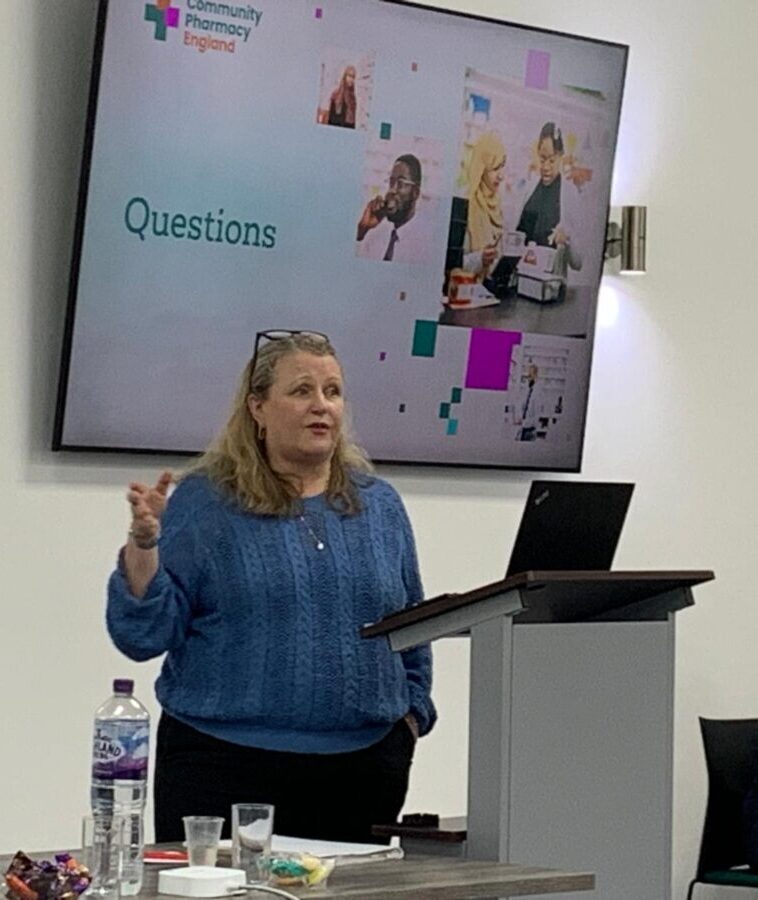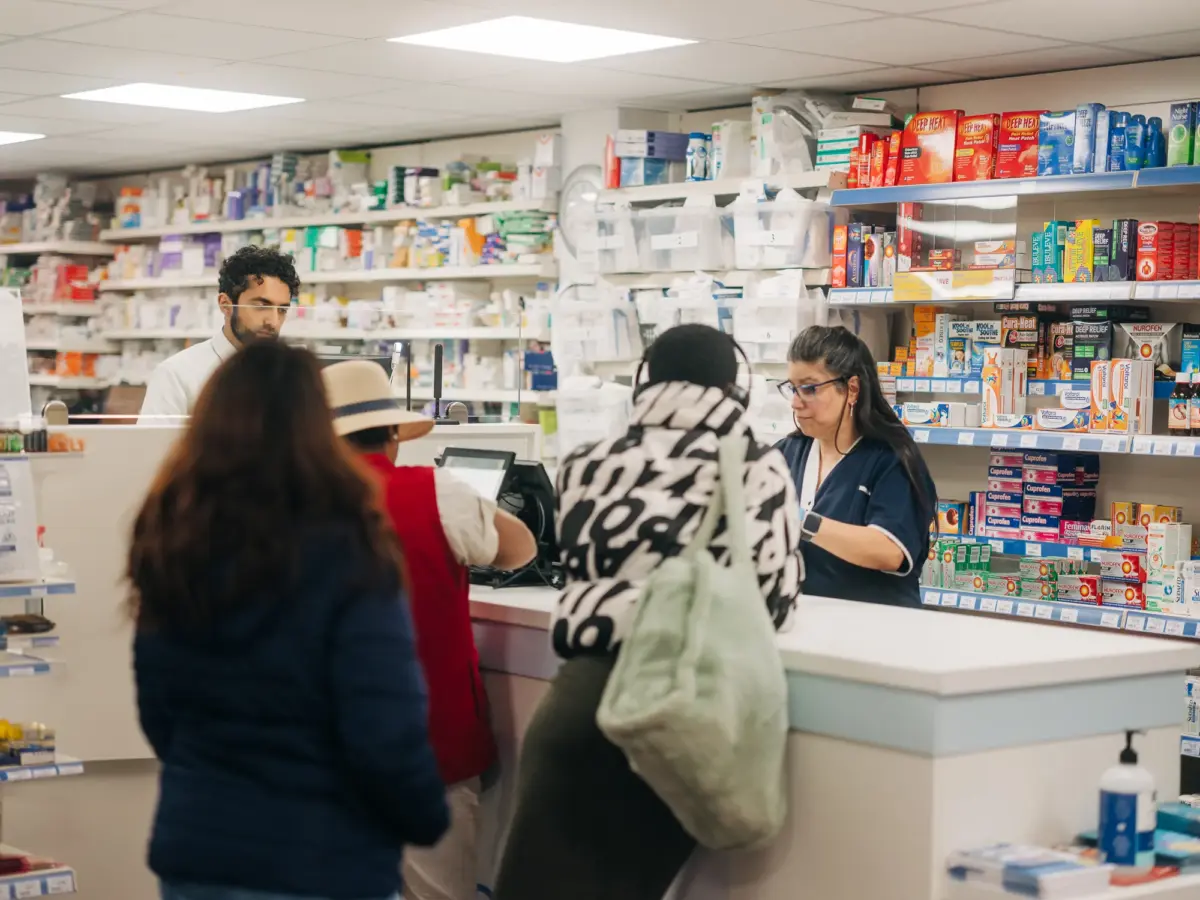Policy Team Blog: January 2022
 By Zoe Long, PSNC Director of Communications and Public Affairs
By Zoe Long, PSNC Director of Communications and Public Affairs
January is traditionally a month in which we look back at the year just finished and think about new beginnings for the 12 months to come. Should anyone working in a community pharmacy have time for such reflections, they could look back with pride at a whirlwind 2021: from the millions of patients helped as all parts of the NHS creaked under the pressure of COVID-19, to the astonishing range of new services implemented. Pharmacies have, without doubt, been a huge support to the nation throughout this period of ongoing crisis.
But everyone in pharmacy would also reflect on the personal cost of this success, and they will rightly wonder whether the scars the sector has borne, and the injuries pharmacy businesses report that they are continuing to sustain, have any hope of improvement in 2022.
At PSNC we reflect back on a year in which a hard-won battle – played out both in our negotiations and eventually in the public arena – on COVID costs eventually concluded, and in which a range of pandemic-related services provided much needed extra income sources to contractors. But we also saw our wider bid for a funding uplift rejected, and in the Year 3 CPCF negotiations the NHS showed few signs of wanting to curtail its medium-term ambitions for pharmacy in light of the pandemic.
So what of 2022? Certainly the year so far has shown little sign of improvement for most pharmacies, with the ongoing lateral flow device stock situation and wider pandemic impacts continuing to put pressure on pharmacy businesses and the teams who work for them. At PSNC, following our planning meeting in November, we look ahead to another year fighting uphill battles on your behalf, conscious that the situation is growing ever-more critical.
New Year is also a time for making resolutions, and at PSNC, as every year, our aim in 2022 is to do everything within our power to get the best outcomes that we can for you all. We will continue to use a variety of tactics to try to influence NHS and Government views about the sector, and we want to go on working with the other national pharmacy bodies to exert as much pressure for positive policy change as we collectively can.
Perhaps policymakers are also in resolutions mode. If they are, contractors could probably suggest a few:
- Start sharing some of the value that pharmacies deliver for the NHS with the sector. It is just not enough to fund every pharmacy service at cost alone.
- Strengthen their understanding of the demands on pharmacies, and work towards a shared vision for the future which recognises these capacity constraints. Those working in pharmacies at the moment struggle to see where further efficiencies can possibly be made.
- Pay us for the walk-in advice that so many patients rely on. From a pharmacy perspective, it makes no sense to be paid only for consultations where some other part of the NHS has had to be involved first – help pharmacies to reduce NHS pressures and support all patients equally, by commissioning and promoting a fair Pharmacy First scheme.
We continue to hear from contractors and their teams who say they are no longer at breaking point, but simply broken, and for many the next twelve months are going to be critical. We must all go on doing everything we can to make our case, and to help with this PSNC has this week launched a Pressures Survey, with a repeat Pharmacy Advice Audit to follow very soon.
We are asking everyone working in pharmacy to contribute to these if they possibly can. We have thought long and hard about whether we can add another item to your to-do lists, but evidence and data must remain the foundation of our negotiations and approach. If you can find ten minutes, please do complete our surveys, and look out for the audit coming soon.
Community pharmacy has some astonishing stories to tell – both the good news about the fantastic contributions pharmacy has made to healthcare, and the bad news about the devastating impact that the pandemic has had on some pharmacies and their teams – and 2022 must be a year in which we continue to tell, and to leverage, those stories.







